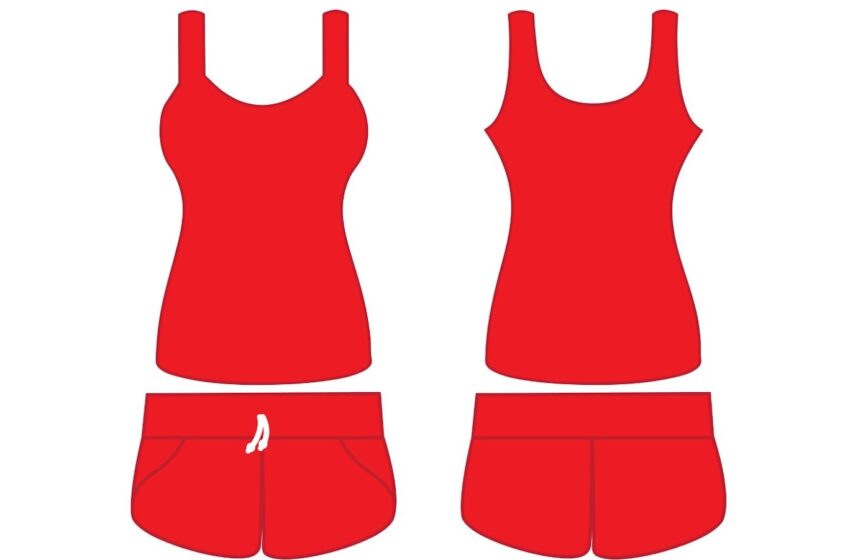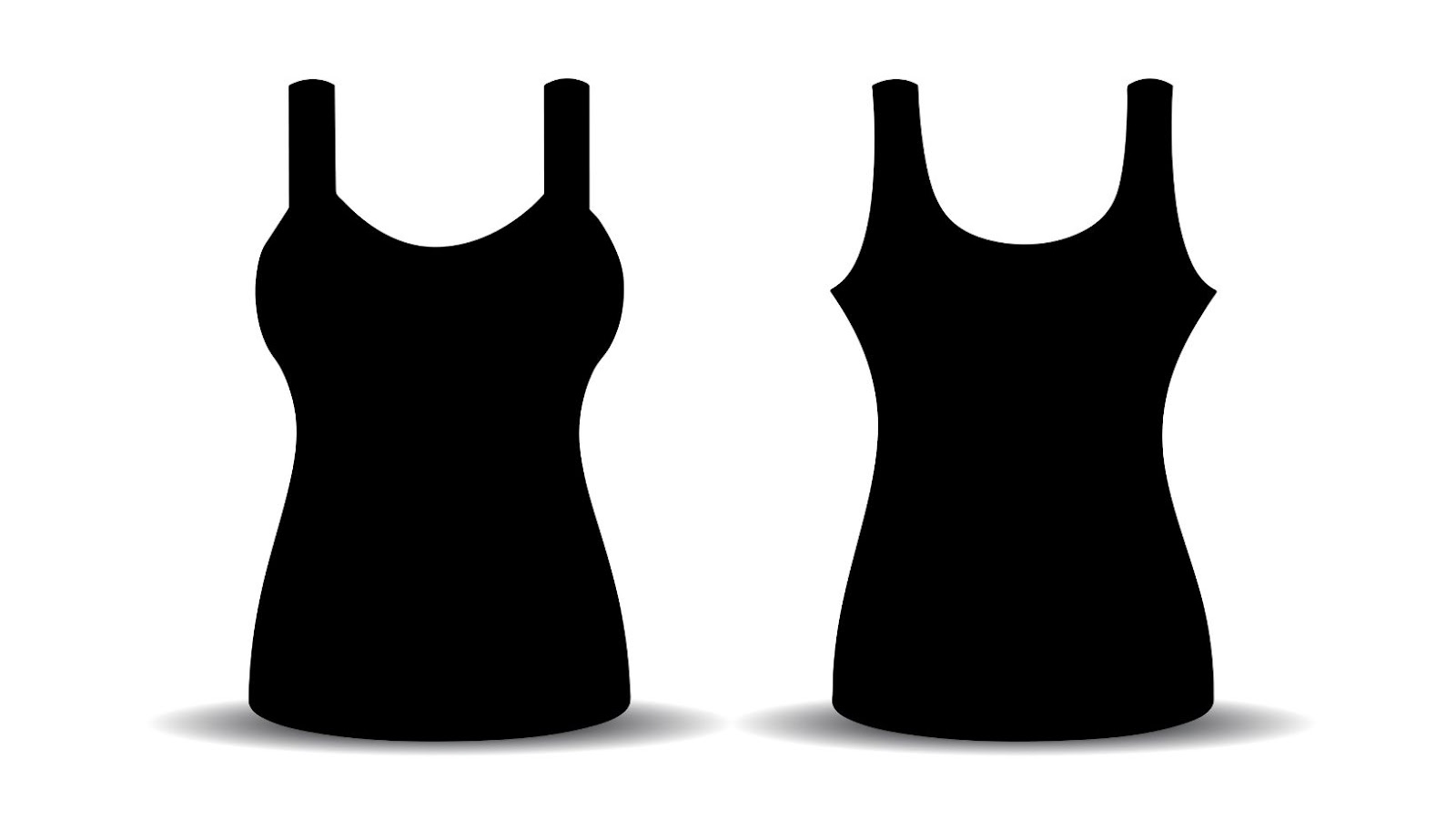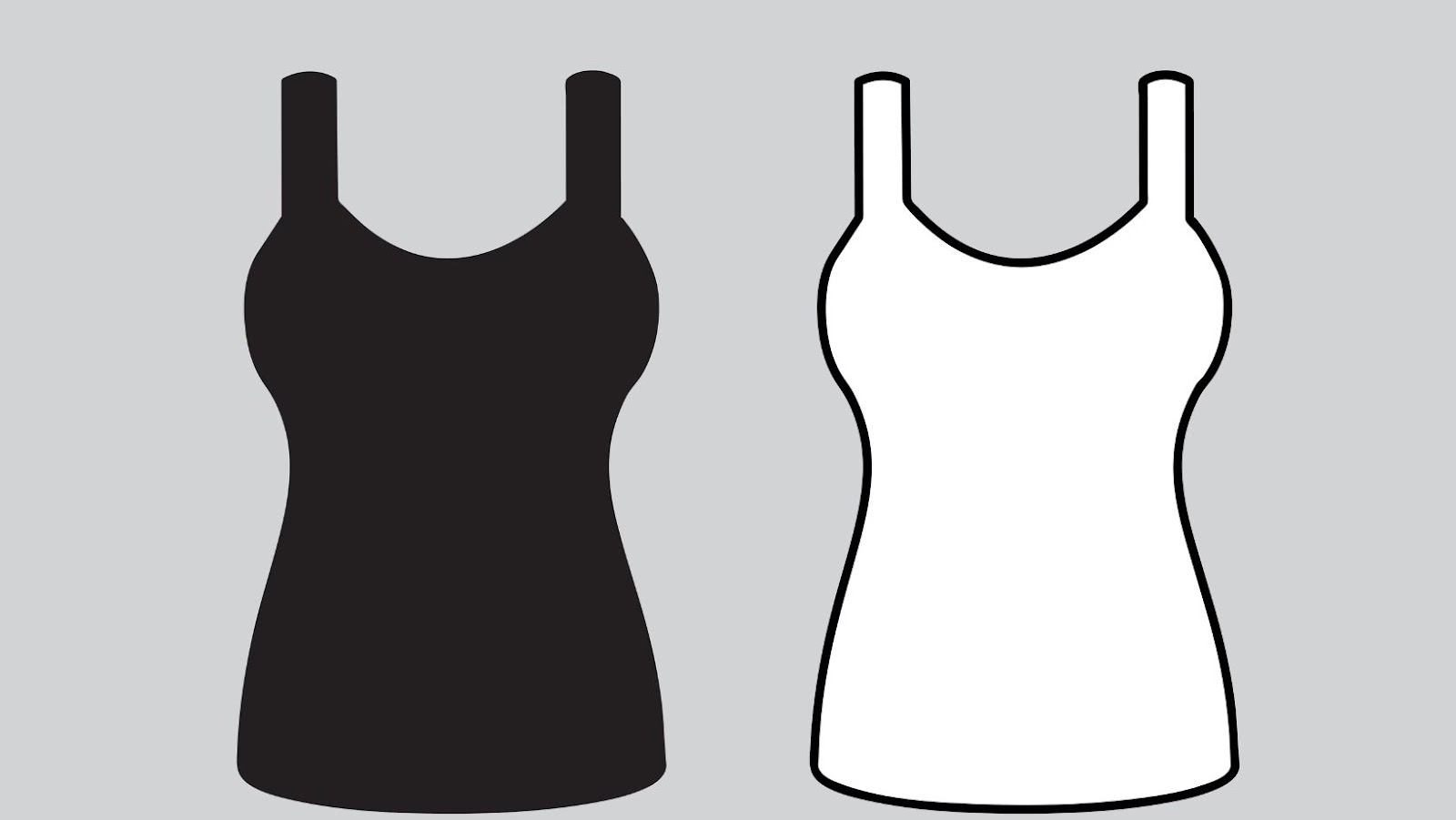
What Is A Singlet And How Can It Help You
What Is A Singlet
A singlet is a type of sleeveless shirt worn by athletes, particularly during weightlifting. It’s also called a weightlifting or powerlifting singlet. It allows for easy movement and better visibility of the athlete’s body position. It helps avoid clothing getting caught on equipment, too. For improved performance or competition, a quality singlet is essential.
Different types of singlets are available. Some have thicker straps for support. Others are made of moisture-wicking materials to keep athletes cool and dry.
The singlet is a symbol of strength and dedication in the weightlifting community. Lifters often pick unique designs or customize their singlets. For serious weightlifters or beginners, investing in a high-quality singlet provides improved performance and confidence.
Witnessing Sara Samir at the Rio Olympics was inspiring. At 18, she was the youngest woman to medal in her sport. She wore an elegant white and gold singlet that accentuated her strong form. This reminded me of the importance of proper clothing in athletic pursuits.
Ready to strengthen your performance? Invest in a singlet!
The Benefits Of Wearing A Singlet
To maximize your performance and reduce fatigue while exercising, you need to wear a singlet. “The Benefits of Wearing a Singlet” with “Improves Breathability and Reduces Sweat, Provides Maximum Comfort and Freedom of Movement, Prevents Chafing and Skin Irritation, Helps with Moisture Management and Temperature Regulation, and Enhances Performance and Reduces Fatigue” can be your ultimate solution.
Improves Breathability And Reduces Sweat
Singlets offer major benefits! Air circulation is improved, reducing sweat build-up. With great breathability, sweat evaporates quickly – keeping you comfy and hygienic. Perfect for warm weather activities, singlets maximize comfort during physical exercise. They also provide excellent flexibility, allowing you to move easily while exercising.
Many Olympic athletes swear by singlets! Their practicality and function help to boost performance and endurance. For running long distances or lifting weights, singlets are ideal. So, if you want to feel like you’re wearing nothing at all, try a singlet and enjoy maximum comfort and free movement.
Provides Maximum Comfort And Freedom Of Movement
A singlet provides amazing flexibility and ease of movement. Its lightweight and stretchy material allows unrestricted motion. It’s an ideal choice for athletes needing maximal mobility in their training or competition. The sleeveless style gives full shoulder range, perfect for weightlifting and gymnastic exercises. Plus, the fabric is lightweight and breathable, keeping the wearer cool and comfortable.
Benefits of wearing a singlet go beyond flexibility. Its snug fit helps promote good posture and alignment while exercising. This reduces injury risk and makes sure muscles work correctly, while preventing strain. Many modern singlets also come with moisture-wicking tech to keep athletes dry.
Singlets have been popular not just with athletes, but with other groups too. It was famously worn by Olympic wrestlers in Ancient Greece – without legs!
In short, wearing a singlet benefits performance and wellbeing. It offers comfort and flexibility so you can focus on achieving your goals. No more feeling like you’re in a horror movie!
Prevents Chafing And Skin Irritation
Chafing and skin irritation can be a hindrance to athletes’ performance. But don’t worry, singlets are here to rescue! Let’s take a look at six benefits of wearing a singlet:
- Fabric decreases friction between skin and clothing, avoiding chafing.
- Singlets provide breathability, decreasing sweat and skin irritation.
- Allow movement without rubbing or constriction, further cutting down friction.
- Provide a close fit, preventing folds which can result in abrasions.
- Wick away moisture, keeping the body dry and less prone to irritation.
- Materials like spandex stretch well, ensuring they fit over multiple motion ranges.
People with chronic skin conditions like eczema can also benefit from wearing singlets.
Did you know, singlets were originally part of wrestling attire in ancient Greece? Wrestlers needed tight-fitting cloth around their upper bodies to give them mobility and stop opponents from holding onto any loose clothing during fights. Nowadays, singlets are a must-have in sports fashion worldwide. So, ditch the sweaty armpits and get your sweat-wicking singlet today!

Helps With Moisture Management And Temperature Regulation
Singlets have amazing sweat-managing and body temperature-regulating abilities! The material in them helps wick away moisture from the skin, so you stay dry and comfy during activities. Plus, they let air pass around your upper body, preventing overheating.
These perks aren’t just for athletes. Singlets also provide comfort and freshness all day long, no matter the weather.
Plus, if you wear a good quality singlet under other clothes like jackets or hoodies, it will help reduce sweat build-up. This makes physical activity much more comfortable.
Put on a singlet and feel the difference! Whether you’re exercising or just chillin’, invest in one today and experience its amazing benefits first-hand.
Enhances Performance And Reduces Fatigue
A singlet can boost your athletic performance and fend off exhaustion. It encourages the body to make more oxygen, giving the muscles more oxygen, so you last longer and don’t tire as quickly. Also, it gives compression, which reduces the oscillation of muscles when doing intense activities, while keeping your temperature even.
Plus, a singlet provides an extra layer of protection from surfaces that could cause skin irritations like grass or sand when exercising outside. This helps prevent scrapes, rashes, and blisters.
Pro Tip: Get a top-grade, well-fitting singlet. It shouldn’t stop your breathing or movement during high energy activities. It’s like getting a partner – they need to be the right fit, comfy, and able to manage your sweat.
Choosing The Right Singlet For You
To choose the perfect singlet for you, you need to consider the material and fabric, fit and size matters, design and style options, as well as the purpose and intended use. This section on “Choosing the Right Singlet for You” will briefly introduce the sub-sections that will help you find the best singlet that will suit your needs.
Consider The Material And Fabric
Selecting the ideal singlet is essential. Think about the fabrics and materials available. Each fabric has its benefits and features, catering to different preferences.
Material and fabric play a part in quality. Consider breathability, durability, comfort and performance. See the table for an analysis of each fabric and its characteristics.
| Fabric | Benefits | Features |
| Cotton | soft, comfy, affordable | lacks moisture-wicking |
| Polyester | breathable, strong | dries quickly |
| Nylon | very durable | good moisture-wicking |
| Spandex | stretchable | for active wearers |
Note: other materials also exist. See what you need before buying a singlet.
Some designs use modern tech, like compression tight singlets to support muscles during training.
The origin of the clothing dates back to Ancient Rome with the “subligaculum,” an undergarment used for sports.
Choose the right material for comfort and endurance. Choosing a singlet is like finding a partner – fit and size are important, but you don’t want to feel exposed.
Fit And Size Matters
Size is key when it comes to picking out the perfect singlet. Refer to size guides for accurate measurements. Cut also plays a role; decide if you want it tight around the arms and shoulders or not. Materials like cotton and spandex have different fits, so consider stretch and breathability. Sport-specific singlets should be tailored to the activity. Check regulations for dress codes before buying.
Sizes and fits will vary between brands, so try out several sizes and cuts to find the one for you. Singlets have been around since ancient times, and have evolved into high-performance wear for multiple activities. Selecting the right singlet is like finding the perfect outfit for a wrestler – it’s all about design and style.

Design And Style Options
Choosing the right singlet is not easy. Consider the materials, fit, color and brand options.
Materials like cotton, polyester or a blend of both have unique feels and performance benefits. Generally, there are two types of fits: compression and regular fit. Compression provides a snug fit while regular fit is looser. For some personality, choose solid colors or printed designs. Different brands offer variation in cut, style, and fabric. Contrast stitching or reflective accents can increase functionality and aesthetic appeal. Get even more personalized with team logos or personal branding. Determine size by referring to size charts or asking for recommendations. Try on different styles before purchasing. Taking into account these options and personal preferences can optimize performance and provide confidence. Just don’t wear it to a black tie event!
Purpose And Intended Use
Choosing the right singlet is important for optimal performance and comfort. It’s essential to select one that fits your body type, competition and training conditions for the best powerlifting or wrestling experience.
A singlet’s purpose is to provide support, prevent chafing and meet sport organization rules. It depends on whether it’s for competition or training and individual preference. Picking an ideal fit will avoid discomfort during lifting or a match.
Checking fit, fabric, style and color is key for comfort during both static and dynamic activities. Some competitions have specific attire requirements, so pay attention!
Look for reinforced seams for extra durability during exercises. Moisture-wicking materials are good for absorbing sweat.
Choose the right singlet to get the most out of your training and make sure you win! Get creative and make training clothes fun.
Conclusion: Get The Most Out Of Your Training With A Singlet
It can help regulate body temperature and reduce chafing when lifting weights. Plus, it offers support in exercises like squats and deadlifts. Moreover, a singlet improves form by allowing for a bigger range of motion in arms and legs.
Weightlifters should wear a singlet daily to maximize their performance. When selecting one, think about the material and fit that will work best for you. There are a variety of options, from compression-like materials to breathable fabrics with moisture-wicking properties. Look for a snug fit which doesn’t restrict movement or circulation.
The singlet has been around since the 1950s, used by Olympic weightlifters. It was created to ensure they had full range of motion for lifts, while avoiding exposure to too much skin. It has evolved to become an important part of a weightlifter’s wardrobe.
